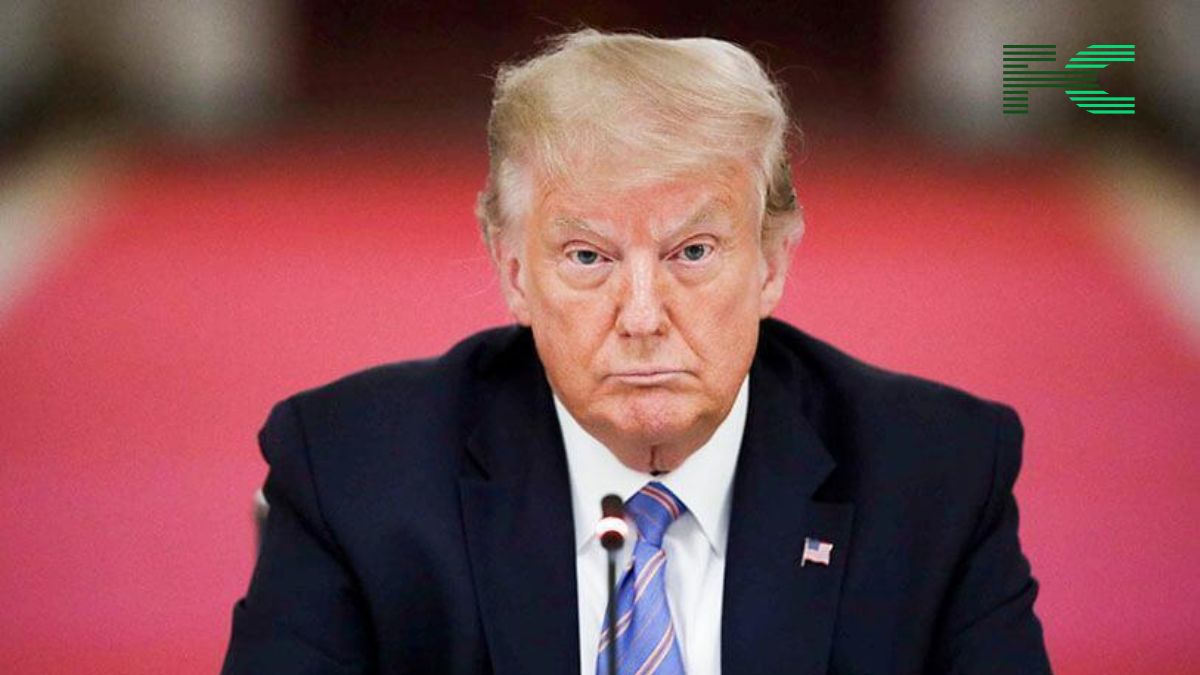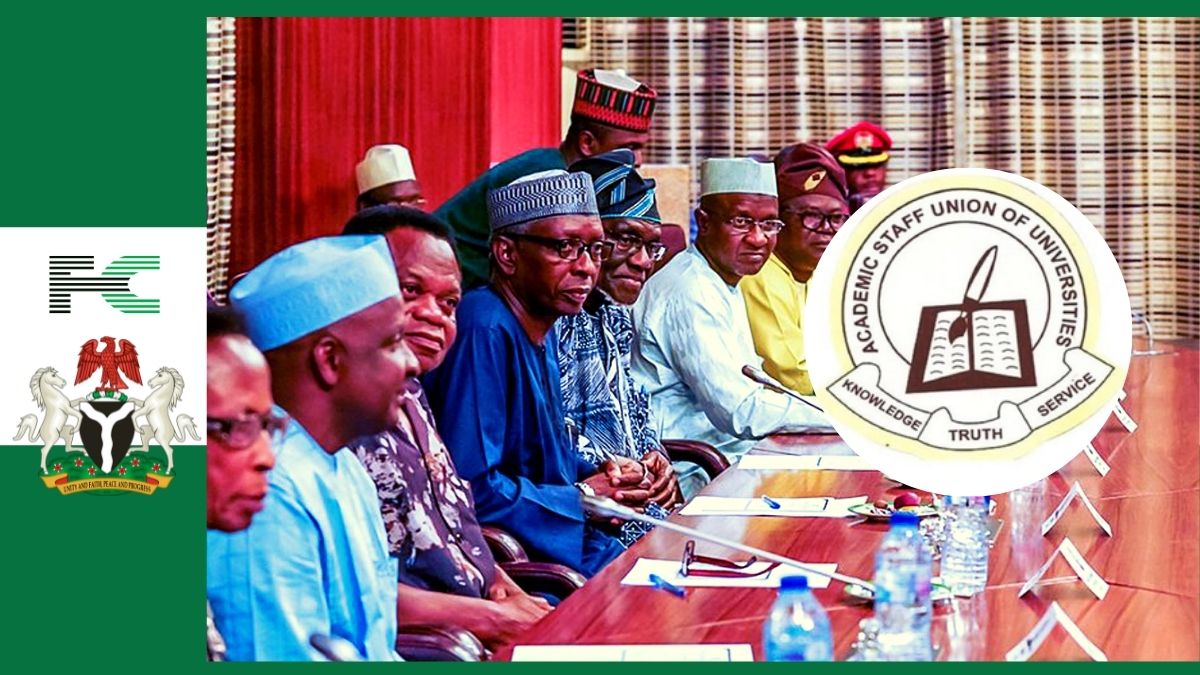The release of court documents that were used to support a search of former President Donald Trump’s Florida property has been mandated by a US judge. The court document known as an affidavit, which contains evidence submitted by the prosecution, may contain fresh information about the investigation in its public version. In light of its continuing investigation, the Department of Justice opposes publishing an unredacted version.
The FBI search was a component of an investigation into possible document handling irregularities. Investigators claim they recovered classified documents at Mar-a-Lago in Palm Beach, but Mr. Trump has denied wrongdoing and maintains that he already declassified the documents. The affidavit must be made public with redactions by noon (16:00 GMT) on Friday, according to an order issued by US Magistrate Judge Bruce Reinhart on Thursday.
He claimed that the prosecution had shown a “compelling basis” for redacting information that would have revealed the identity of witnesses, law enforcement officials, and others who had not been charged, as well as “the investigation’s strategy, direction, breadth, sources, and methods.” Shortly after the justice department acknowledged that it had given the judge a copy of the affidavit with suggested redactions, he made his decision.
On August 12, the actual search warrant as well as a list of retrieved goods that revealed 11 sets of secret documents had been taken from the estate were both made public. Given the historic nature of the search of a former president’s home, several news organizations have requested that the affidavit be made public. They do this by citing the public interest in the matter. However, the Department of Justice objected, claiming that the disclosure of the information could result in “irreparable damage” to its current investigation. The paper would become “meaningless” if the requisite redactions weren’t made, it added.
The unredacted document has been demanded for release by Mr. Trump and his lawyers, who have characterized the Mar-a-Lago search as politically motivated and illegal. The efforts to “conceal” its contents, according to Mr. Trump’s spokesperson Taylor Budowich, were “cynical” and might be used to “cover government wrongdoing.” Earlier this week, Mr. Trump’s legal team requested that the investigation be put on hold and that a special master, a neutral third-party attorney, be appointed to supervise the records that the FBI seized during the search.
According to the search warrant, FBI investigators intended to determine whether Mr. Trump had broken the law by inappropriately handling official documents when he transferred them from the White House to Mar-a-Lago at the end of his administration. When they leave office, US presidents are expected to hand over their files and emails to the National Archives.














